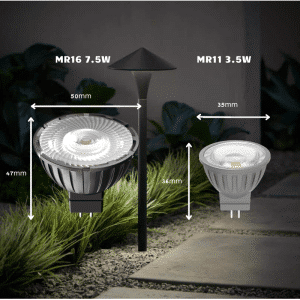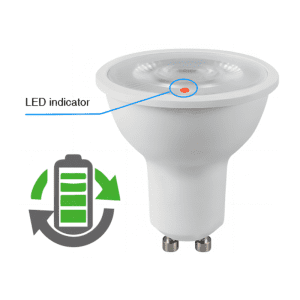What is COB LED?
COB chip, full name Chip-on-Board, is an LED bulb that directly packages multiple LED chips on a ceramic or metal substrate. It has higher light efficiency, more uniform light, longer life and smaller size, and has been widely used in the lighting field in recent years.
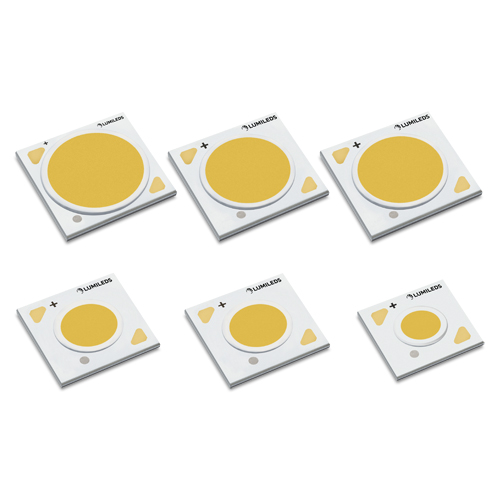
What is SMD LED?
SMD LED, is a kind of LED light that encapsulates the LED chip in a small surface mount device. SMD LEDs have the advantages of small size, low power consumption, high brightness, and are widely used in various lighting applications.
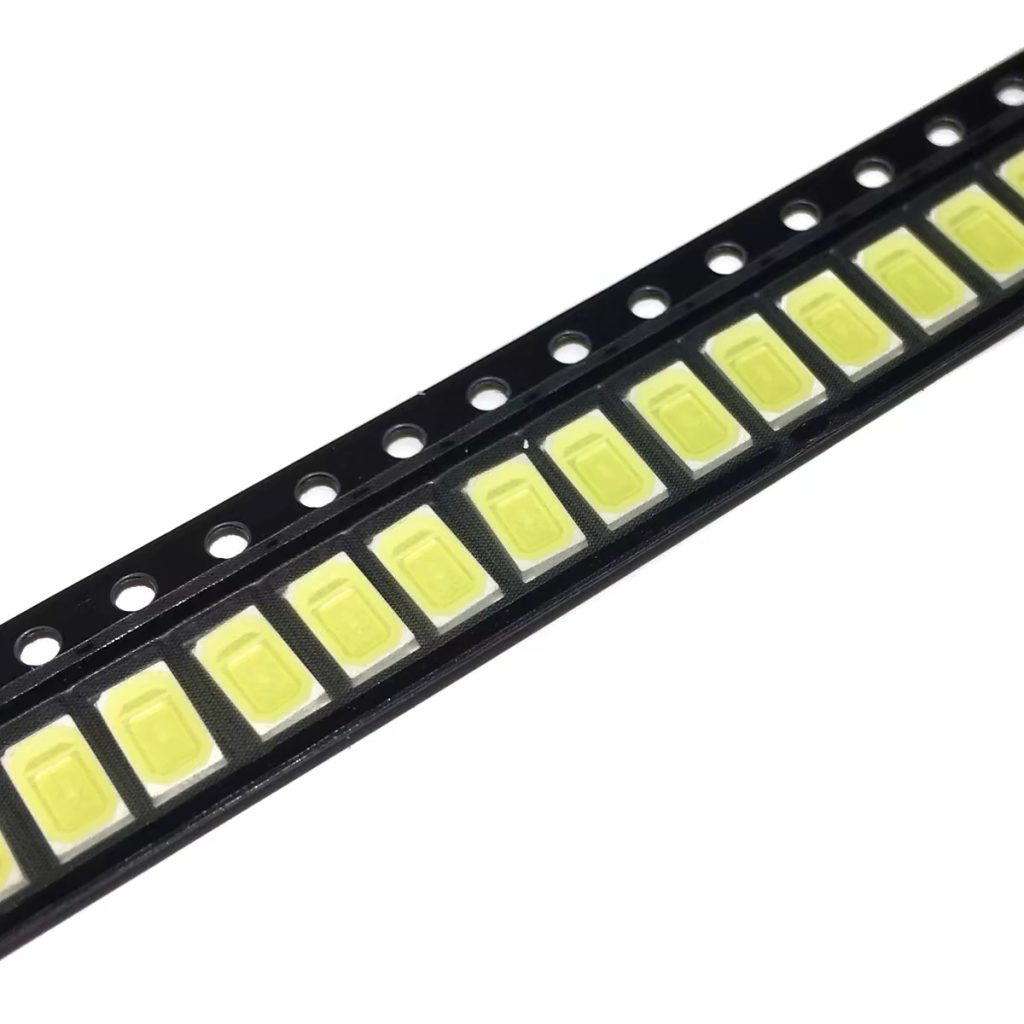
Key differences between COB LEDs and SMD LEDs:
| Type of LED | COB LED | SMD LED |
| Brightness | More brighter | Less brighter |
| Lifespan | Longer | Shorter |
| Size | Smaller | Larger |
| Cost | Higher | Lower |
| Energy efficiency | More efficient | Less efficient |
Which LED is more suitable?
COB LEDs and SMD LEDs are both LED lighting technologies, but they offer different advantages for a variety of applications.
COB LEDs are ideal for situations where high light output, efficiency and uniform light distribution are required. They are a good choice for commercial, industrial and general home lighting applications.
SMD LEDs are more cost-effective and offer greater design flexibility. They are a good choice for budget-conscious projects, outdoor lighting and decorative applications.
Disadvantages of COB chips
Although COB chips have many advantages, there are some limitations:
- Cost: The production process of COB chips is complex and requires the use of sophisticated equipment, so the cost is relatively high.
- Heat dissipation: COB chips encapsulate multiple LED chips together, resulting in a concentration of heat dissipation, heat dissipation issues require special attention. If the heat is not dissipated in time, it may affect the service life of the chip and light efficiency.
- Maintenance: COB chips are encapsulated on the motherboard, if a single chip is damaged, it is difficult to replace it individually, and the whole board needs to be repaired, which costs more.
- Optical optical control: The control of the COB chip is relatively complex, and it is difficult to achieve accurate beam shaping and light distribution, especially in application scenarios that require high optics, there may be some challenges at the same time.
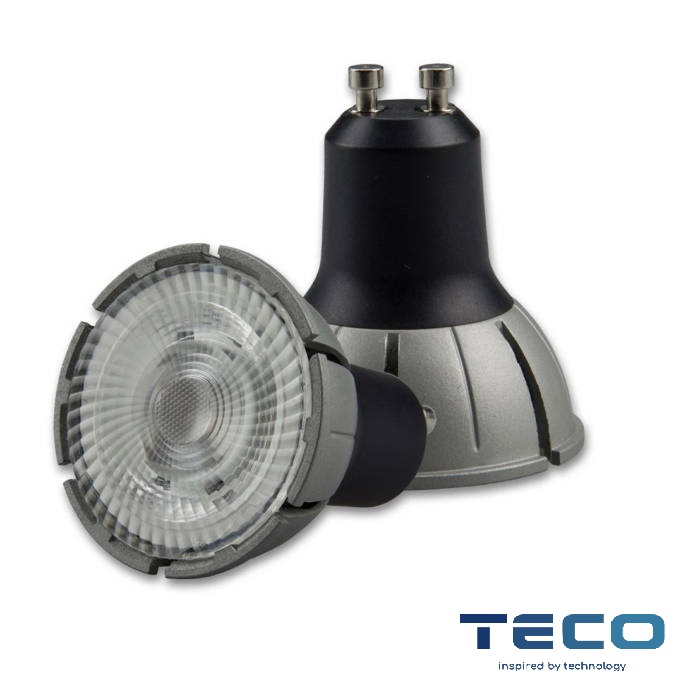
Future alternative technologies for COB chips
Currently, some emerging technologies are evolving and are expected to replace COB chips in the future, such as:
- Mini LED: Mini LED chip size is more tiny, which can achieve higher optical density and finer optical control, as well as a better solution to the laptop problem.
- Micro LED: Micro LED chip size is even more tiny, which can achieve finer optical control and higher intensity, but the technology is not yet mature and the cost is higher.
- Quantum dot technology: Quantum dot technology can provide a wider colour gamut and higher light efficiency, but it is also currently in the development stage, and cost stability needs to be further improved.
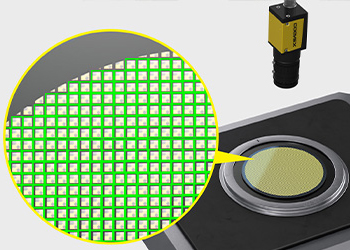
Predictions for the future of COB chips
Overall, COB chip technology still has certain advantages and is still the right choice in many application scenarios. However, with the continuous development and maturity of new technologies, COB chips may be replaced by more advanced technologies in the future, providing lighting solutions with higher quality and more outstanding performance.
- COB chip technology will continue to improve, with advances in cost, heat dissipation and optical control.
- Mini LED and Micro LED technologies are maturing and are beginning to replace COB chips in evaluating high-end lighting.
- Quantum dot technology is expected to achieve breakthroughs in the future and evaluate a wider range of lighting fields.
It will take time to verify exactly which technology will be the main replacement for COB chips.




